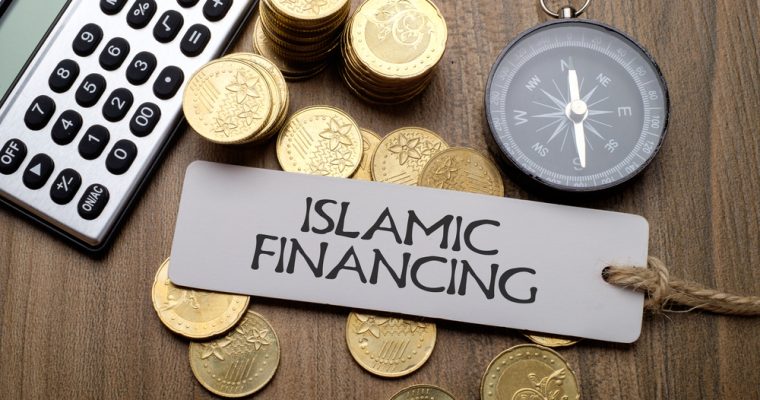Blockchain is a revolutionary technology which has the potential to disrupt various sectors, but has not yet gained the mainstream acceptance it deserves, partly because of its first application, bitcoin, which has soaked up headlines with negative news. Despite the hype, Blockchain offers true value to many industries including Islamic finance. The convergence of Blockchain and Islamic finance is primarily at the core objectives of both; namely, the enforcement of fair and transparent transactions.
Blockchain is a secure record keeping platform for recording and tracking changes to data (transactions); which are independently stored and verified by all authorized participating entities. It facilitates secure and trusted exchanged of value between entities who may or may not trust each other. In addition, the level of security increases as more entities join the chain; keeping in mind that the networks could be private or public.
Shariah compliant financial institutions are prohibited from doing business with non-compliant businesses or trading prohibited goods or services. Though if a grocery store sells liquor among all other halal (permissible) products, then it is permissible to engage in business with that particular merchant while excluding the forbidden goods. To enforce such Shariah laws, Islamic finance houses execute and manage multiple contracts for every clients, merchant, and business transaction. Contractual relations are very important and are fundamental in Islam. This is an administrative burden for which Blockchain provide a solution using smart contracts.
The concept of smart contracts, self-executing computer programs, is not new at all. It was introduced back in 1994, but there was not platform to facilitate their proper deployment. Using Blockchain, smart contracts can automate the entire contractual process including the enforcement of all terms without any human interference.
Blockchain based smart contracts are immutable, secure, and easy to verify, while reducing the associated administrative and legal complexities, and eliminating a lot of the redundancies.
Some the possible Blockchain based fintech solutions include:
- Shariah compliant credit cards
- Micropayment p2p
- Invoices settlement network
- Credit worthiness
- Crowdfunding
- Market places
- Insurance
- Real Estate Mortgage
- Cross boarder & Cross Country money transfer
With over 170 Islamic banks and 80 further banks that offer Islamic financial products, and the fact that over 30% of world population does not have access to banking, the potential for Shariah compliant Fintechs is tremendous. Shariah-compliant financial solutions could expect more than $2.2 trillion by 2022 of assets.
